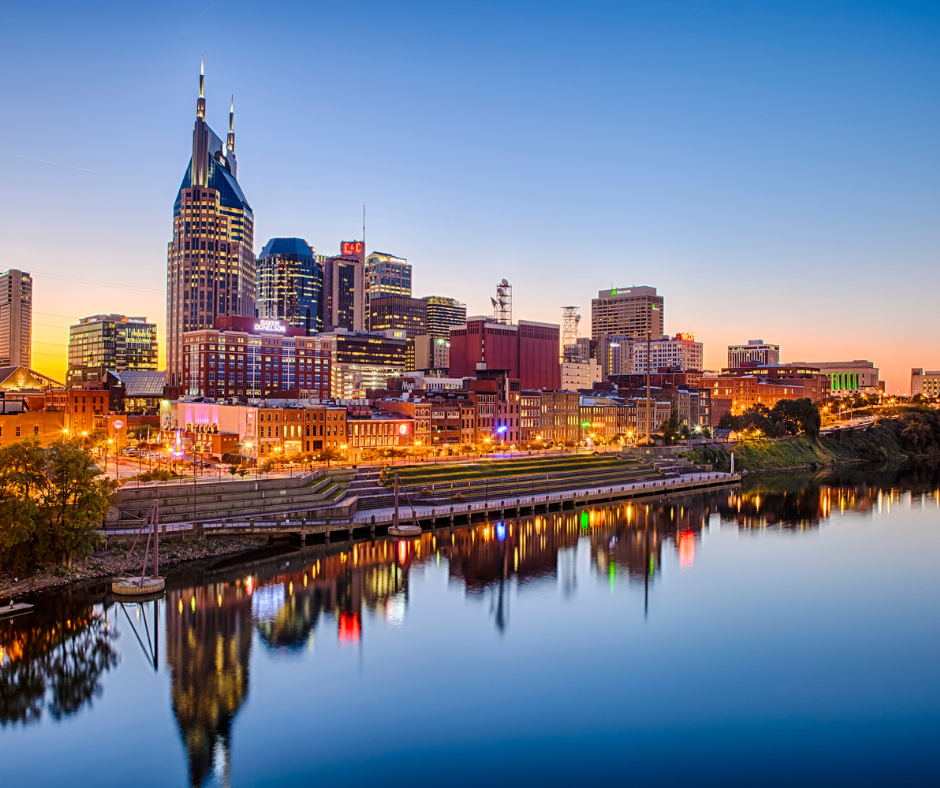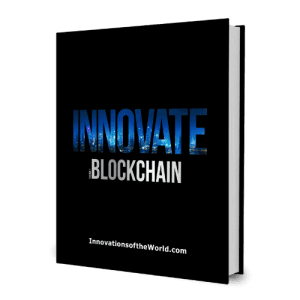Classical musicians and technologists rarely interact with one another, but the people behind Living Opera believe that they can be important allies in the journey to produce transformative content that makes societies better off. Living Opera demonstrates how the collaboration of artists and technologists will be a pivotal element in breaking down stereotypes, expanding communities, and building profitability through cross-creativity for all segments of society and industries in the coming decades.

Living Opera is the first company to bring the blockchain and opera sector together through NFT collections and other Web3 based technologies. This includes applications, decentralized autonomous organizations, and decentralized financial programs, including the Living Arts DAO and micro grants initiative, a bold program that removes the many intermediaries and administrative expenses that are traditionally present in arts organizations.

Just a Quick Note:
InnovationsOfTheWorld.com has partnered with Trade License Zone (TLZ) to support global innovators looking to expand internationally. Take advantage of the UAE’s Free Zones—enjoy streamlined setup, low corporate taxes, and a strategic gateway to the Middle East and beyond.
Get Your UAE Free Zone License Fast & Easy!From Music City to… Music City?
While some skeptics wonder why a classical music company would find their headquarters in the heart of country music, CEO Soula Parassidis felt that the move was strategic. Before the 2020 pandemic, Living Opera was based in Vienna, Austria, which is widely considered the capital of classical music. Vienna provided the natural backdrop for an EdTech platform that catered solely to emerging classical singers, but Soula felt that Nashville provided more opportunity to take the platform to a world-wide audience for three important factors: ease of excellent music production (including collaboration with other genres of music), political support demonstrated by the legislation that allows DAOs (decentralized autonomous organizations) to be treated as non-profits, and an informed, robust blockchain community.
Their first major NFT collection, Magic Mozart is a 6,000 piece generative art collection inspired by the opera The Magic Flute, which was written by Austrian composer Wolfgang Amadeus Mozart in 1791 shortly before his death. Each artwork combines an all new original portrait of the composer with multilayered art bearing homage to characters of The Magic Flute, and is further personalized through the airdropping of an 18th century generative minuet from Ein Musikalisches Würfelspiele, a game that was attributed to Mozart posthumously. Each minuet is “composed” on-chain based on the unique attributes of the NFT.

A living work in progress
In Italian, the word “opera”, deriving from the Latin, means to work or to labor. Opera lirica refers to a work on stage. This small, but important, differentiation has inspired the Living Opera team to build products and services with a similar progressive view of human behavior that is ever changing and growing, all with an aim to foster healthy development and human flourishing.
These values are best exemplified in Living Opera’s three core verticals: educational services that empower creatives to build relevant skills, an app that allows creatives to gamify their practice time and help build consistency and habit as they hone those skills, and finally, digital assets that combine classical music and digital art in novel expressions and thereby enabling new income-generating opportunities for creatives after they have mastered their craft.
In addition to Living Opera’s core services and the Living Arts DAO program, the founding team is creating opportunities for artists, civic leaders, and private donors to further join forces using NFTs.

Taking center stage
Like any emerging, highly scalable technology, the Web3 ecosystem holds exciting possibilities for visionaries and consumers alike. While the Living Opera team believes that NFTs are a key for remunerating artists and expanding the ways that people can interact with brands, they are not stopping with traditional digital assets. Living Opera plans to create the first full-scale opera experience in the metaverse, inviting millions of people to experience the power of the operatic voice right in the comfort of their homes. With virtual reality technology poised to reduce the barriers for people to engage with classical music and provide more employment opportunities for artists on an international scale, the future of the classical arts looks brighter than ever.
Living Opera will lead a large-scale project in Athens, Greece to refurbish and restore the former home of Maria Callas into a vibrant meeting place anchored on her legacy. Visitors will be able to talk with an AI-powered version of Maria Callas with virtual reality and NFT holders will receive an array of perks, including potential new use-cases around tokenized real estate.
While the Living Opera team believes that NFTs are a key for remunerating artists and expanding the ways that people can interact with brands, they are not stopping with traditional digital assets. Living Opera plans to create the first full-scale opera experience in the metaverse, inviting millions of people to experience the power of the operatic voice right in the comfort of their homes.














